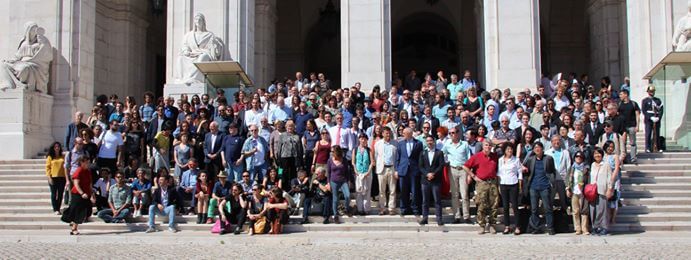About
The association Unconditional Basic Income – Portugal, in partnership with the Centre for Ethics, Politics and Society (CEPS), at the University of Minho, the Centre for Research in European, Economic, Financial and Tax Law (CIDEEFF), the Lisbon School of Economics and Management (ISEG), both at the University of Lisbon, the Portuguese Centre for Global History, at the New University of Lisbon, the party People, Animals, Nature (PAN), and Unconditional Basic Income Europe (UBIE), will organize the 17th BIEN Congress, from September 25 to 27, 2017.
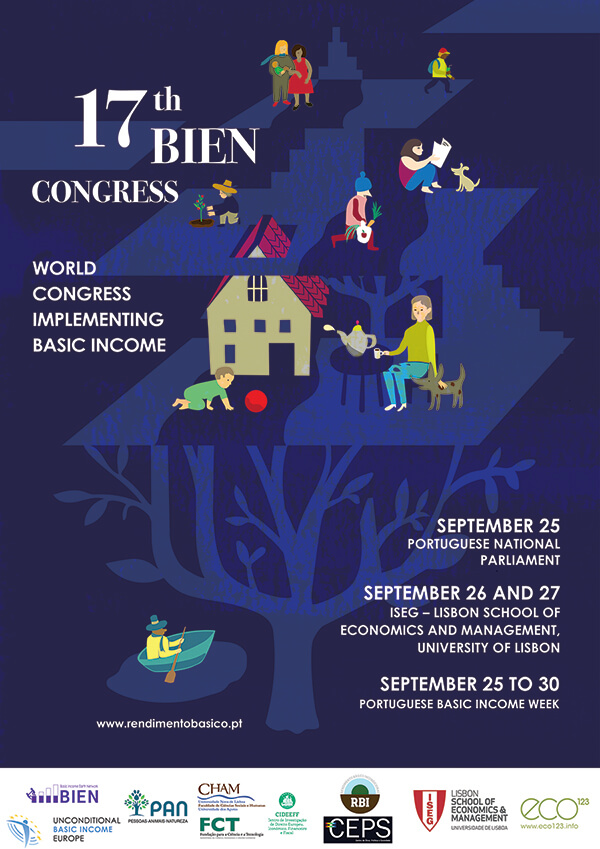
Today basic income attracts the public’s attention as a potentially fair and realistic public policy. We can see this attention as important political parties in Europe have adopted the unconditional basic income as a policy objective. Our 2017 congress will discuss the different aspects of the politics of a basic income under the general theme: Implementing a Basic Income (see our call for participations here).
In addition to various national and international academic experts, the congress plans to bring together representatives of political parties, of civil society, and of business entities, among others, to discuss a cross-cutting concern to all regarding growing social inequalities, structural unemployment and the sustainability of social security, both in Europe and worldwide. An event that aims to gather several critical voices in search for socially innovative solutions and alternatives.
Invited keynote speakers include:

Karen Glass (Canada)
Finding a Better Way: A Basic Income Pilot Project for Ontario
Karen Glass is the Assistant Deputy Minister of the Poverty Reduction Strategy with over 20 years of experience working in provincial government. She is a strategic, results oriented leader with significant accomplishments in program delivery, policy development and execution, managing change and achieving results. Prior to this role, Karen was in Cabinet Office where she held two senior executive positions.

Guy Standing (UK)
The Charter of the Forest: 800th Anniversary of Basic Income in the Commons
Guy Standing is Professorial Research Associate at the School of Oriental and African Studies, University of London. He is a Fellow of the British Academy of Social Sciences and co-founder and now honorary co-president of the Basic Income Earth Network (BIEN), an international NGO that promotes basic income.
He was previously Professor of Development Studies in SOAS, Professor of Economic Security, University of Bath, Professor of Labour Economics, Monash University, and Director of the ILO’s Socio-Economic Security Programme.
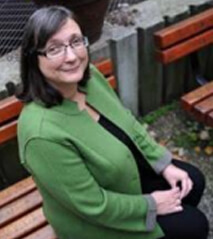
Evelyn Forget (Canada)
Narratives Of Change: Contemporary Basic Income Experiments In Four High Income Countries
Evelyn L. Forget is an economist, professor in the Department of Community Health Sciences at the University of Manitoba, adjunct scientist with the Manitoba Centre for Health Policy and Academic Director of the Manitoba Research Data Centre. Her current research focuses on the health and social consequences of antipoverty interventions and, in particular, the consequences of the Mincome basic income experiment

Elizabeth Rhodes (Oakland experiment - USA)
Why study Basic Income?
Elizabeth recently joined Y Combinator Research as the Research Director for the Basic Income Project. She completed a joint PhD in Social Work and Political Science at the University of Michigan in 2016, where her research focused on health and education provision in informal
settlements in Nairobi, workforce development, and anti-poverty strategies. Elizabeth also holds
an MSW from Michigan and a BA in Government and Economics from Georgetown University

Joe Huston (GiveDirectly - USA)
Basic income and cash transfers in the developing world: GiveDirectly’s experience
Joe Huston is a Regional Director for GiveDirectly, an NGO that delivers cash transfers to the extreme poor. He has managed GiveDirectly’s operations in Kenya and Uganda and helped lead the launch of GiveDirectly’s universal basic income pilot in Kenya. Before GiveDirectly, Joe worked as a researcher in the asset management industry

Lena Stark (Sweden, Basic Income Party)
Basic Income, let's vote it in!
Lena Stark, Vice-Chair of Unconditional Basic Income Europe (UBIE), member has founded a new political party, Basinkomstpartiet, to promote basic income in Sweden. Basinkomstpartiet plans to develop a specific model of basic income for the country, and to run candidates for election in Sweden’s general election in September 2018.
At present, however, the party is still under development–as is the exact model of basic income that it will promote. To become an official political party, Basinkomstpartiet needs 1500 signatures.
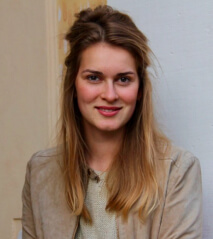
Cosima Kern (Germany, Bündnis Grundeinkommen)
The Basic Income Party in Germany at the Bundestag election
As Vice-Chair of Germany’s basic income party “Bündnis Grundeinkommen”, founded in 2016, Cosima Kern wants to foster debates about basic income across society and the political spectrum in Germany. She is currently finishing her studies in Philosophy & Economics at the University of Bayreuth and strives to pursue an academic career in Public Policy. Bündnis Grundeinkommen will take part in this year’s general election on 24th September.
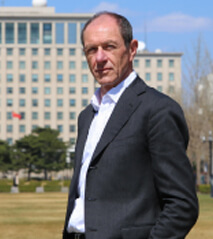
Enno Schmidt (Switzerland/Germany, Basic Income Referendum and Bündnis Grundeinkommen)
Review of the Swiss UBI referendum and what to learn from it; Basic income in the USA, China, Taiwan, Japan, experiences
Enno Schmidt was born in Osnabrück, West Germany, in 1958. He studied art (painting) at the Academy of fine Arts in Frankfurt/M, Germany, exhibited at home and abroad, winner of Frankfurt Art Award 1994.
Schmidt founded the „Enterprise Economy and Art – Expanded, Ltd.“ in 1990 together with other artists and entrepreneurs. He was management director of this company.
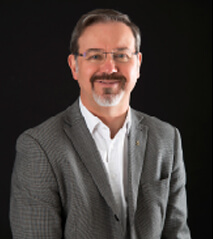
Ronnie Cowan (Scotland, MP)
A Scottish perspective for introducing a Basic Income
Ronnie is the Member of Parliament for Inverclyde having retained the seat at the 2017 General Election.
Ronnie is originally from Greenock and after leaving school he got a job as a trainee computer operator at Playtex in Port Glasgow, and went on to build a career in IT, latterly running his own company which focussed on finding IT solutions to business problems.
Political Interests: Drugs policy reform, employment, gambling related harm, renewables and universal basic income.

Philippe Van Parijs (Belgium)
Basic income and the future of work
Philippe Van Parijs is a professor at the University of Louvain (Hoover Chair of
Economic and Social Ethics), a special guest professor at the University of Leuven and
an associate member of Nuffield College, Oxford. He is one of the founders of the Basic
Income Earth Network and chairs its International Board. His books include Real
Freedom for All. What (if anything) Can Justify Capitalism? (Oxford UP, 1995), What’s
Wrong with a Free Lunch? (Beacon Press, 2001), Just Democracy. The RawlsMachiavelli
Programme (ECPR, 2011), Linguistic Justice for Europe and for the World
(Oxford UP, 2011) and Basic Income. A radical proposal for a free society and a sane
economy (Harvard UP, 2017, with Y. Vanderborght).

Ping Xu (Taiwan UBI)
Preparatory stage of a pilot program in Taiwan
Ping Xu is the face of the UBI movement in Taiwan. Previously, Ping was a career concert pianist in the United States. During the darkest moment of her life, forced to take on a job to receive steady pay check, she cut her finger, leaving her permanently unable to continue her work as a pianist. From this experience, Ping quickly realized how precarious working conditions are for the average person and the necessity for an unconditional basic income for all, to ensure no one is left behind like she once was. After 17 years, she returned to Taiwan to push for a true Universal Basic Income.

Masahiko Yamada (Japan)
Implementation of Basic Income in Japan
Lawyer and Japanese politician belonged to the Democratic Party of Japan. Former member of the House of Representatives in the Diet (national legislature).
Former Minister of Agriculture, Forestry and Fisheries (Yukio-Hatoyama and Naoto-Kan cabinet (2009-2010).
Born in Fukue, Nagasaki, in 1942 Roman Catholic, and graduate of Waseda University, Elected to the House of Representatives for the first time in 1993 after 3 times unsuccessful
Before running for office, he worked as a rancher.
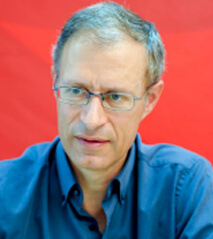
Francisco Louçã (Portugal)
Is the universal basic income feasible and an adequate social strategy for fairness?
Francisco Louçã (b. 1956, Lisbon), Full Professor of Economics, ISEG, Lisbon University. He was a member of Parliament for five mandates (1999-2013) and is currently a member of the State Council. Published recently “Shadows, Financial Disorder in the Era of Global Capital”, with Michael Ash, and “As Classes Populares”, with Ligia Ferro and João Teixeira Lopes.

Eduardo Suplicy (Brazil)
The great challenge: how to finance and implement UBI in Portugal and in Brazil?

